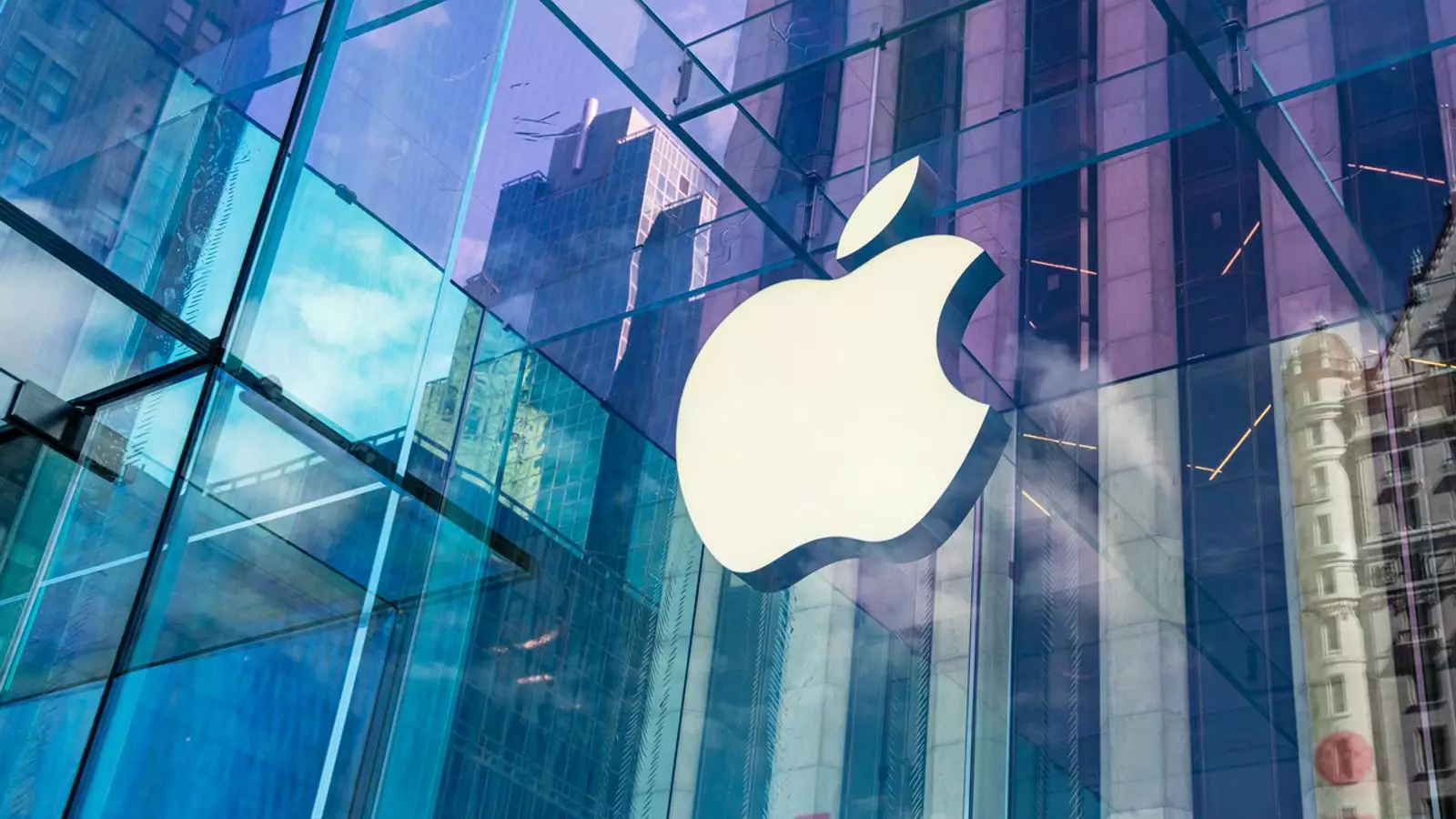The ongoing battle between privacy advocates and government entities has intensified with the UK’s recent order for Apple to grant access to encrypted data stored by its users worldwide. As an intersection between technology, law, and individual rights, this situation presents complex challenges with ramifications that extend beyond borders.
Understanding the UK Government’s Position
Reports from notable sources like the Washington Post and BBC reveal that the UK government has issued a Technical Capability Notice (TCN) to Apple, demanding that the tech giant facilitate access to encrypted user data. This request raises the stakes in an already contentious relationship between privacy rights and national security interests. The Home Office remains tight-lipped about the TCN’s existence and implications, which adds an extra layer of intrigue and concern regarding transparency in government operations.
The justification for such measures often stems from a desire to protect citizens, especially children, against online threats and crimes. UK ministers argue that access to encrypted data is essential for identifying and mitigating risks posed by criminals. However, the lack of clarity regarding the enforcement of this TCN leaves room for speculation about potential overreach by the government.
Opponents of the UK government’s position raise serious alarms about privacy intrusions. Critics emphasize that compelling a corporation like Apple to break encryption infringes upon personal privacy rights and undermines the very fabric of trust between users and technology providers. The concerns extend to the vulnerabilities that could arise for whistleblowers, journalists, or any individual whose privacy could be compromised.
Furthermore, the risk that governmental powers, once granted, could be exploited by malicious actors cannot be understated. If the UK can mandate access to such sensitive information, it opens the door for other oppressive regimes to demand similar concessions from tech companies. The fear of a slippery slope looms large in discussions surrounding encryption, as the potential ramifications might lead to a decline in digital privacy standards globally.
Apple’s infrastructure employs Advanced Data Protection (ADP), ensuring that only the account holder can decrypt their data. This feature is vital in the dialogue about encryption, as it emphasizes how deeply ingrained the concept of user privacy is in Apple’s operational ethos. Under ADP, even in the event of a cyber breach, data remains unreadable due to the robust encryption protocols in place. The principle of end-to-end encryption safeguards personal communications, ensuring that sensitive data can only be accessed by intended recipients.
The concept of end-to-end encryption has gained traction since 2017, when former officials argued for the necessity of breaking it for law enforcement purposes. However, the resolve that industry leaders like Apple are demonstrating reflects a growing public sentiment that prioritizes individual privacy rights over government surveillance.
The order to Apple is made under the Investigatory Powers Act 2016, which empowers the UK government to exert influence beyond its borders. Apple has indicated that compliance with such demands could undermine international human rights standards and put them at odds with entities like the European Court of Human Rights.
Moreover, there’s a looming question of ethical governance as technology companies grapple with conflicting demands from various governments. As nations like China push for greater control over tech companies, the balance between compliance and moral integrity becomes even more tenuous. Apple’s concerns over its relationship with European and American authorities underscore the treacherous path ahead for tech firms operating globally.
The debate surrounding Apple and the UK government’s encryption demands is only part of a larger conversation about digital rights and government interoperability. As technology continues to evolve, leaders from both sectors must engage in constructive dialogues to find a middle ground that effectively addresses security need while also respecting the privacy of millions.
As the UK moves forward with its encryption initiatives, it must carefully consider the implications for human rights, the potential for misuse of governmental powers, and the message it sends to the world about privacy and digital security. Balancing security with individual liberties is a challenge that needs immediate attention to ensure the responsible advancement of technology and the protection of fundamental rights.


Leave a Reply